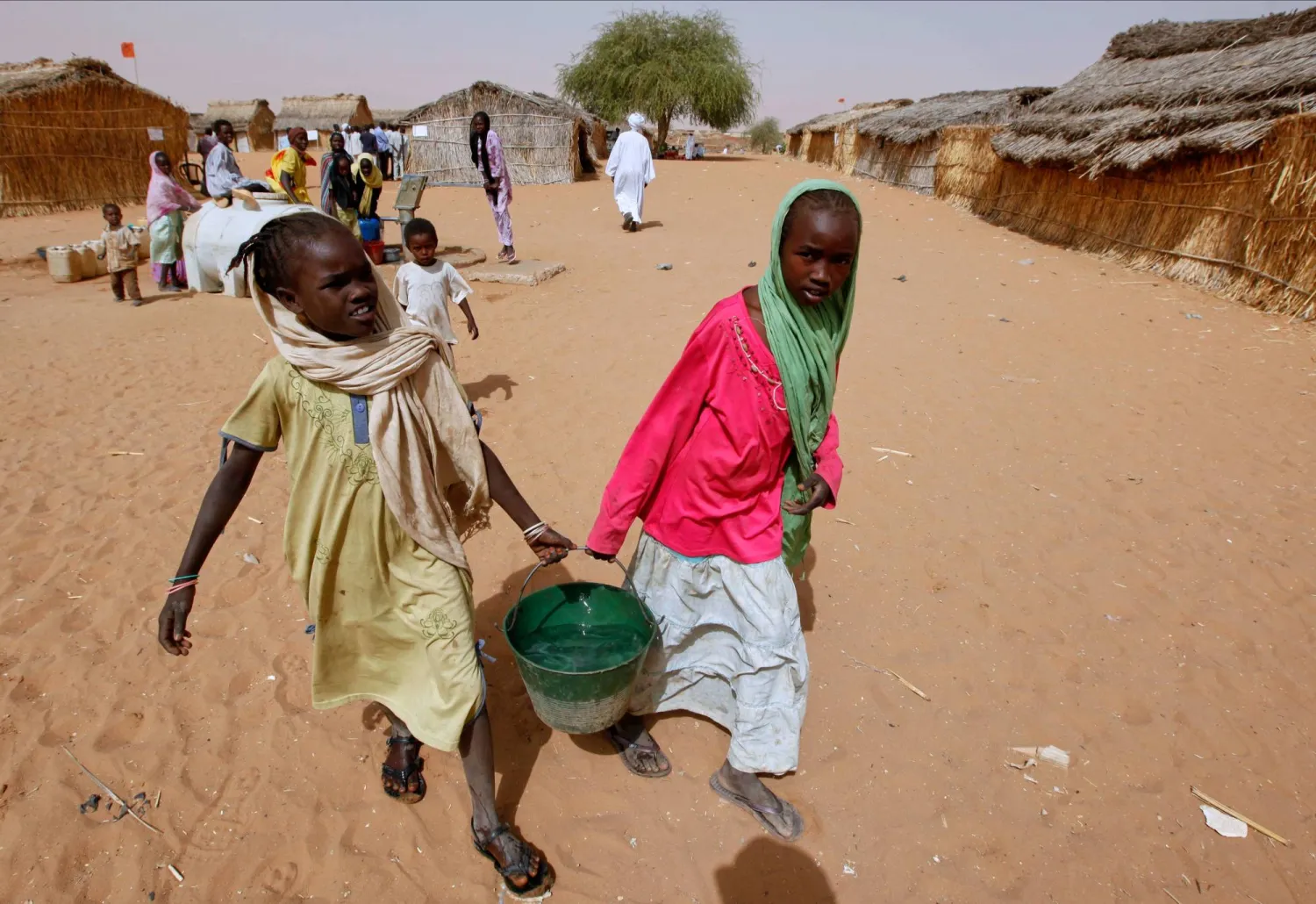The head of the Palestinian caretaker government, Mohammad Shtayyeh, warned on Monday that the sea corridor designated for delivering aid to the Gaza Strip could turn into a channel for Palestinian displacement.
Speaking during a Cabinet session, he said: “We do not accept any foreign presence on the land of Gaza, regardless of its nationality, in a way that imposes on us a new reality.”
He called for “international protection forces for our people and for all Palestinian territories, including Jerusalem, the West Bank and Gaza, under the flag and umbrella of the United Nations.”
Shtayyeh’s statements came as Israel refuses to hand over the Gaza Strip to the Palestinian Authority after the war ends, stressing that it will “maintain security control there,” while also considering assigning aid management to tribes and other parties, including “international security companies.”
NBC had quoted US officials as saying that Israel was considering contracting with private international security companies to secure the delivery of aid in Gaza.
Insufficient aid in the Gaza Strip led several countries to organize airdrops for residents, before a sea corridor was opened from Cyprus, followed by the announcement by US President Joe Biden of the construction of a “temporary dock” in Gaza to bring in “massive aid.”
But Shtayyeh warned of the seaway “turning from a crossing point for bringing in bread, into a way out for displacing citizens, despite some reassurances about that.”
Speaking “for the sake of humanity, democracy and international law,” Shtayyeh said that the world should take immediate action to stop “the suffering of the people of Gaza.”
“After 164 days of killing, are you unable to stop the aggression, or are you complicit in it?! Stop your weapons for Israel, we are the victims, our people are the victims, and whoever supports the criminal is an accomplice in the crime,” he underlined.









